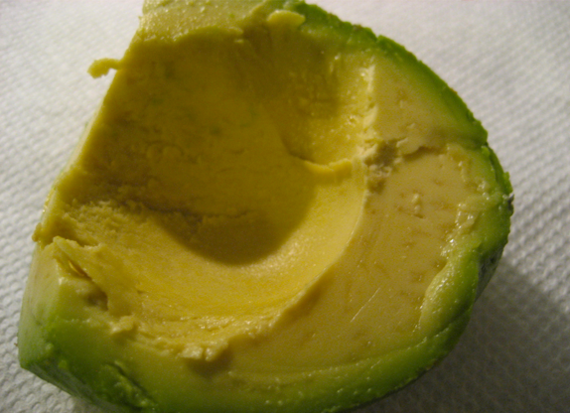Article Source: makeyourbodywork.com
As long as obesity remains a worldwide problem, there will be plenty of quick fixes marketed as the next great solution.
Do this exercise. Try this supplement. Eat this food.
Some of these "solutions" are obviously just gimmicks (we're looking at you Thigh Master, Shake Weight, and Ab Rocket), but what about all the hype surrounding certain "super" foods?
Can eating more kiwi, avocado, grapefruit, pistachios, or any other superfood really help anyone become healthier or lose weight?
Here are three reasons why superfoods simply aren't a solution when it comes to weight loss.
1. Calories In, Calories Out
While research has clearly shown that all calories are not created equal, there still is a direct connection between the number of calories a person eats, how many they burn, and what weight shows up on the scale.
Many so-called superfoods are packed with nutrients but are also heavy in calories. For example, almonds, avocados, and many beans and lentils have all been declared "super" but can quickly lead to over consumption of calories.
As with any food, super foods need to be portion-controlled, which is often easier said than done. One study showed that people often overestimate portion sizes by 30 percent or more. Whether it be snacking on almonds or chomping down Doritos, this extra calorie consumption can lead to weight gain.
2. Adding to a Broken Diet
Imagine someone whose diet looks like this: a donut and coffee for breakfast, pizza at lunch, and take-out Chinese food for dinner. Can this diet be fixed by adding a superfood (or even a dozen superfoods!) in between all that junk?
Not a chance.
It can be tempting to think that adding healthy foods to an already broken diet will be a step in the right direction. And that actually might be true. But it's an awfully small step.
Some superfoods might be nutritional powerhouses, but their value will be outmatched every time by a diet built on highly-processed, low-nutrient food choices.
The only way to fix a broken diet is by creating new healthy eating habits. Removing those low-value foods is crucial for any significant weight loss results to be achieved.
3. Trying To Do It All
Think about all of the healthy eating advice you've ever heard or read about. What "rules" can you remember?
- Eat less sugar.
- Choose more fruits and vegetables.
- Reduce your sodium intake.
- Watch out for trans fat.
- Stay away from carbs.
- Don't eat in the evenings.
This list could go on and on. There are a LOT of rules for healthy eating, and adding superfoods to your list creates just one more complication.
Often called the 80/20 Rule, the Pareto Principle suggests that 80 percent of your results will come from just 20 percent of your effort. Instead of stressing about dozens of rules to follow, it's often best to focus on just a few that will produce the best results.
For most people, learning how to construct a healthy meal is the best place to start. Think of your plate as a pie graph: About half should be made up of vegetables, and the other half should be split between starches (e.g., grains, beans, lentils) and proteins (e.g., meat or meat alternatives).
Eating balanced meals like this will go a long way to providing your body with the nutrients and calories it needs, regardless as to whether or not you have any so-called "superfoods" on your plate.
